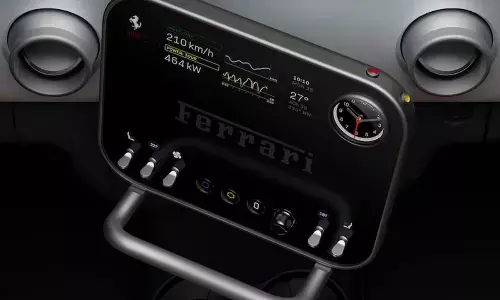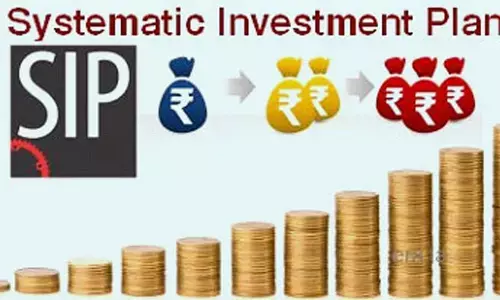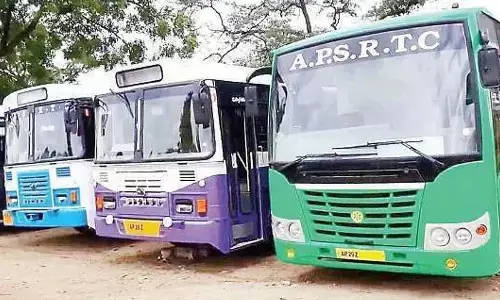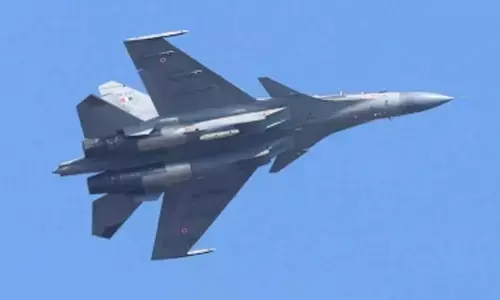Rolls-Royce successfully completes 100% Sustainable Aviation Fuel test programme
Share :
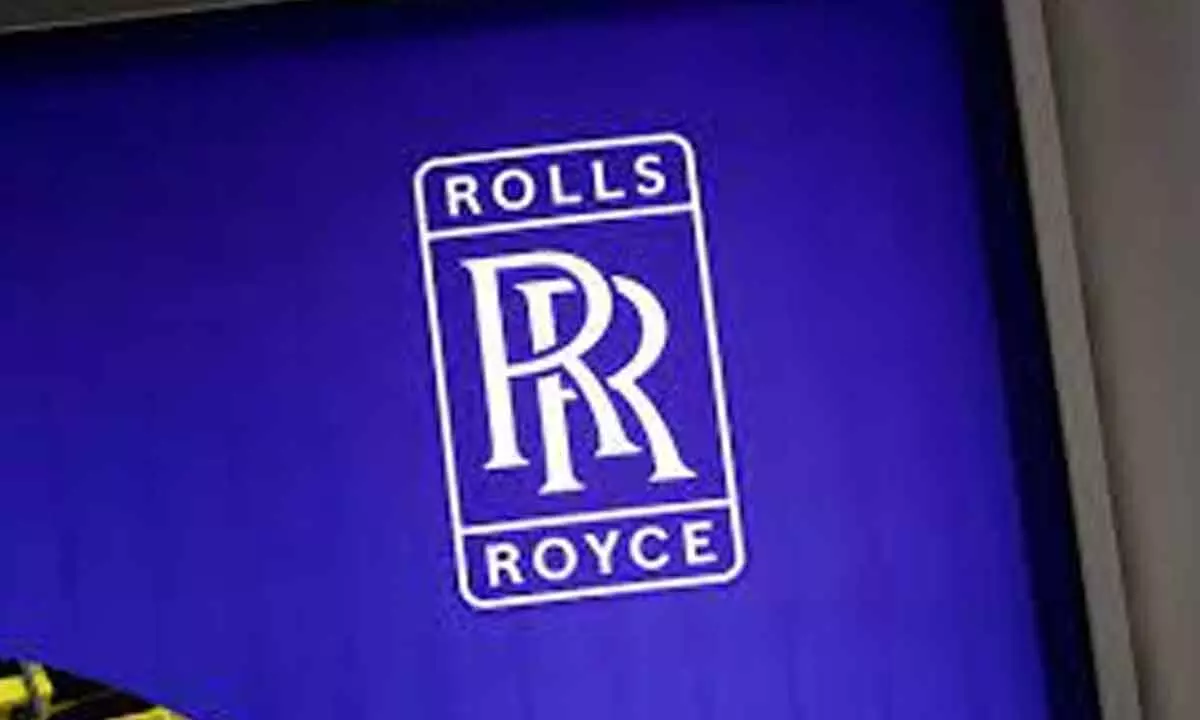
Rolls-Royce has announced that it has successfully completed compatibility testing of 100 per cent Sustainable Aviation Fuel (SAF) on all its in-production civil aero engine types.
New Delhi: Rolls-Royce has announced that it has successfully completed compatibility testing of 100 per cent Sustainable Aviation Fuel (SAF) on all its in-production civil aero engine types.
This fulfils a commitment, made in 2021, to demonstrate there are no engine technology barriers to the use of 100 per cent SAF.
A ground test on a BR710 business jet engine at the company’s facility in Canada completed the test regime. Other engines tested as part of the programme were: Trent 700, Trent 800, Trent 900, Trent 1000, Trent XWB-84, Trent XWB-97, Trent 7000, BR725, Pearl 700, Pearl 15 and Pearl 10X.
Testing has involved a variety of ground and flight tests to replicate in-service conditions. All the tests confirmed the use of 100 per cent SAF does not affect engine performance.
Tufan Erginbilgic, CEO, Rolls-Royce plc, said: “Becoming the first jet engine manufacturer to publicly confirm all our in-production engines for long-haul aircraft and business jets are compatible with 100 per cent SAF, is an important milestone for both Rolls-Royce and the wider aviation industry.
“It's also further evidence of our commitment to becoming a net zero company by 2050 and supporting our customers to do the same."
Simon Burr, Group Director of Engineering, Technology and Safety, Rolls-Royce plc, added: "This is an important milestone, not just for Rolls-Royce, but also for the wider civil aerospace industry. We hope the success of these tests provides a level of technical validation that supports those who seek to invest in the production of 100% SAF going forward.”
UK Transport Secretary, Mark Harper, commented: "The world’s journey to decarbonising flight is powered by British innovation and backed by the UK Government, meaning people can continue to travel how they want, in a way that’s fit for the future.
“Today’s news demonstrates that Rolls Royce and the UK are global leaders in decarbonising transport, taking us one step closer to Jet Zero.”
In addition to proving in-production engine compatibility, Rolls-Royce has already ensured its new generation UltraFan engine demonstrator has the same capability. Its first run, earlier this year, was on 100 per cent SAF.
The Rolls-Royce SAF story continues later this month when Trent 1000 engines will power a Virgin Atlantic Boeing 787 Dreamliner on Flight 100, the world’s first transatlantic 100 per cent SAF flight.
The Virgin Atlantic led consortium, sponsored by the UK Department for Transport, includes Boeing, University of Sheffield, Imperial College London and Rocky Mountain Institute. The return flight, on regular jet fuel, will prove the engine and aircraft can run on either fuel type without engineering changes.
Sustainable Aviation Fuel has great potential to support aviation’s energy transition journey, as a “drop-in” fuel that can simply be used as an alternative to conventional fuel.
When the lifecycle of SAF is taken into consideration, IATA (International Air Transport Association) estimates the net CO2 lifecycle emissions of unblended SAFs are up to 80% lower than conventional fuel.
Rolls-Royce estimates that to reach Net Zero flying by 2050, a combination of highly-efficient latest-generation gas turbines operating on 100% SAF is likely to contribute around 80 per cent of the total solution.
The international standards body for jet fuel, ASTM International, currently permits up to a maximum of 50 per cent SAF to be blended with 50 per cent conventional jet fuel.
All Rolls-Royce in-production civil aero engines are already certified to operate on a blend of 50 per cent SAF. The successful 100 per cent SAF tests will provide further support for a pathway to commercial flights on 100 per cent SAF.









